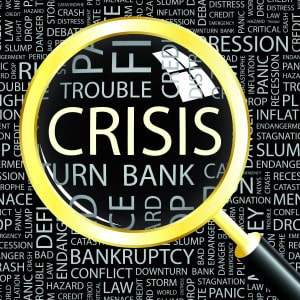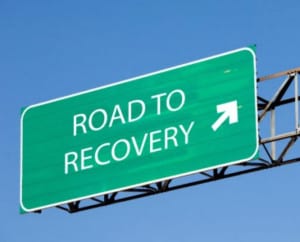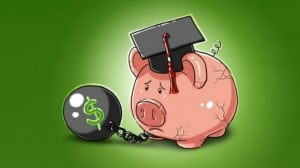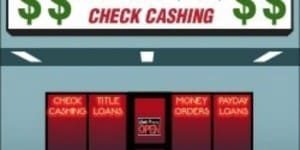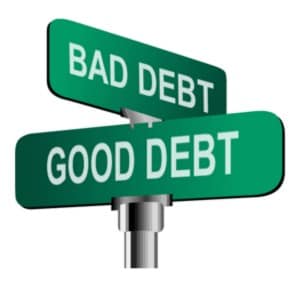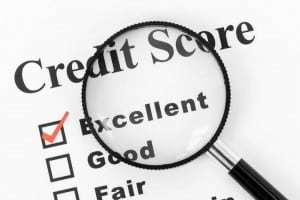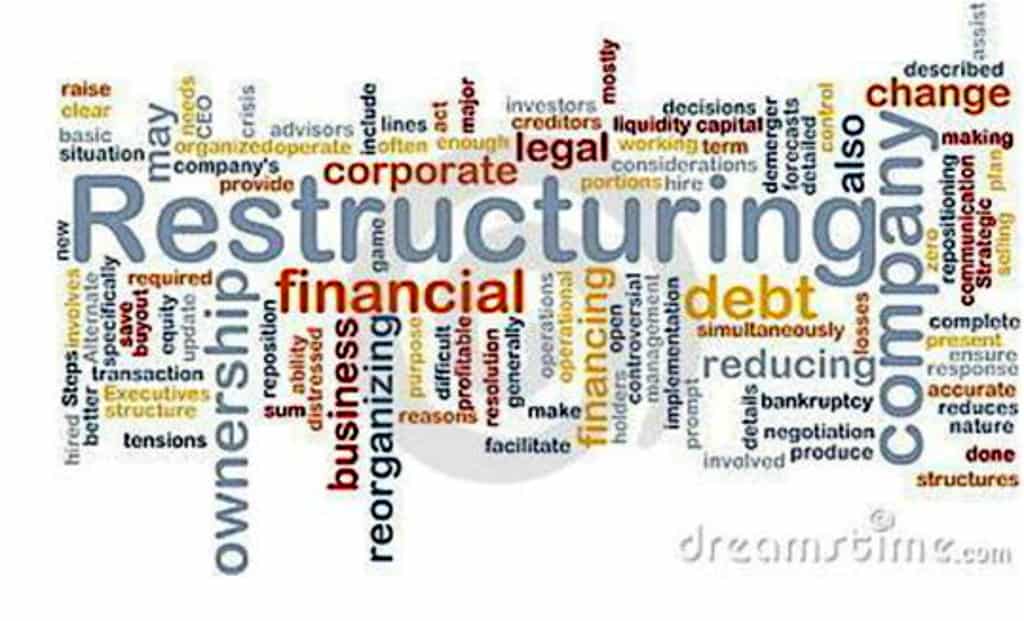 Which industries may require corporate bankruptcy services in 2016?
Which industries may require corporate bankruptcy services in 2016?
Canada and Canadians are facing serious economic challenges, and certain industries have been much harder hit than others. Oil and gas, automotive and construction have taken the biggest hit and there are no clear signs of recovery any time soon. They may very well require corporate bankruptcy services (sometimes misspelled corporate bancruptcy services) in 2016. And, according to Statistics Canada, accommodation and food services, transportation and warehousing, and information and cultural industries experienced the biggest increase in insolvencies.
Our list of the top candidates for corporate bankruptcy services in 2016
- The oil and gas industry: According to Bloomberg business, the oil price crash is taking a heavy toll on Canada and the worst is yet to come. As a result, Calgary is taking the brunt of it with crime on the rise, house prices falling rapidly and food banks being overwhelmed. “We all know someone who has lost a job,” Naheed Nenshi, the city’s mayor, said in a speech this month, lamenting the “funeral”-like atmosphere in the business community. The bloodletting isn’t over yet. Already 40,000 oil and natural gas positions have been lost in the last 18 months and many more job cuts are predicted in 2016.
- The automotive industry: The auto industry is on very shaky ground. Mexico and Tennessee have replaced Michigan and Ontario as the North American auto industry’s manufacturing hubs. Canada’s auto trade has gone from a surplus of $15-billion in 1999 to a deficit of $18-billion in 2013; half of which came from trade with Mexico. Production commitments made by General Motors Co. (GM), including those made within the corporate bankruptcy services that created “Old GM” and “New GM”, and Chrysler Group LLC as part of their $13.7-billion bailouts, are set to expire at the end of 2016, leaving them free to close plants and lay off workers if they see fit. According to Charlotte Yates, dean of social sciences at McMaster University and head of the new Canadian Automotive Policy Partnership, if Canada is determined to keep trying to compete in today’s globalized auto industry, it can’t do it without subsidies.
- The construction industry: The construction industry is a corporate bankruptcy services leader. Industry Canada’s July bankruptcy statistics have ranked the construction industry as one of the leaders in bankruptcies and experts attributed the statistics to a risky business with poor management and cash-flow monitoring.
Canadians and their debt
Canadian consumers are the most indebted in the world according to Tom Bradley of Steadyhand funds, “Lines of credit, home-equity loans, car leases, credit cards, high-ratio mortgages—they’re well-versed in them all. The level of consumer debt will make it difficult to attain the growth and employment levels of previous cycles; past purchases were borrowed from the future. Extensive use of leverage will also make Canadian families and the overall economy vulnerable in the next economic slowdown”.
If you’re like many Canadians and Canadian corporations experiencing serious financial problems, now is the time to deal with them. The Ira Smith Team will tackle your financial issues head on and with immediate action and a solid plan you can be on your way to a debt free life Starting Over, Starting Now. Contact us today.



